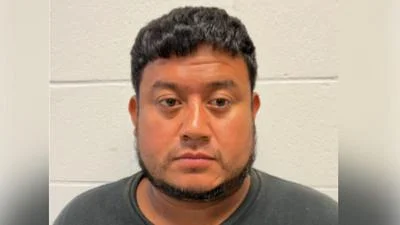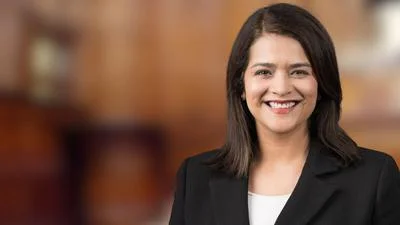CPD Chief Larry Snelling | City of Chicago
CPD Chief Larry Snelling | City of Chicago
The Community Commission for Public Safety and Accountability (CCPSA) is advancing proposals to restrict certain traffic stops by Chicago police despite an internal survey showing most residents oppose the changes, according to CWB Chicago.
“That’s the stunning claim in a letter published by the three-member Near North (18th) District Council, which is charged with improving policing in parts of downtown and the North Side,” the CWB report said. “The council’s letter said the Community Commission for Public Safety and Accountability’s own survey shows the public does not agree with the commission’s plan to restrict traffic stops.”
The police blog Second City Cop said, “there's a list of offenses that they claim are ‘dis-proportionally’ enforced against certain minority groups, even though the legislature passed the Laws by significant majorities and they've been on the books for years and withstood challenges all the way up to the US Supreme Court.”
The CCPSA is concluding a public comment period on proposals that could prevent traffic stops for license plates less than a year expired, improperly displayed or missing front license plates, improper rear license plate lighting, having a single non-functioning head, tail, or brake light during daylight hours, and driving with a loud sound system.
Only one other city, Los Angeles, reportedly has the authority to dictate policy procedures, Jason Johnson, president of the Law Enforcement Legal Defense Fund (LEDF), told Chicago City Wire.
“It’s very rare,” Johnson said referring to the CCPSA proposals for an earlier story. “It’s a major policy decision and such things are normally reserved for those who are accountable to voters, which Commission members are not.”
He added in an email, “can Chicago’s ‘CCPSA’ preclude officers’ authority to (and actually required to pursuant to their oath) enforce the state’s laws, by fiat? In other words, when a CPD officer takes an oath to faithfully uphold the law, can some administrative body on its own say, in effect, ‘well, actually not all the laws, only the ones we like.’"
Regarding the CCPSA proposal, CWB Chicago reported that some CCPSA members wanted to ban stops for failure to wear seat belts or failure to signal turns or lane changes.
“Why? Because they believe traffic stops are disproportionately used against Black and Brown drivers, often as a pretext to look for guns or other contraband,” the post stated.
“So the list of Rules and Laws that black and brown people don't have to follow — solely because they're black or brown — continues to expand.”
“No one on the CCPSA seems to be asking why black and brown people can't maintain their vehicles to be street legal after all that effort in Springfield writing and passing the Laws.”
The City Council created the CCPSA in 2021 and gave it a broad range of powers, including selecting and removing the police superintendent, Chicago Police Board members (another police oversight body), and the COPA chief administrator. COPA, the Civilian Office of Police Accountability, is the police disciplinary office.
CCPSA also has the power to set police department policy.
WTTW reports, “more than 44% of all drivers stopped by police officers in 2024 were Black, and nearly 35% of drivers pulled over by Chicago police officers were Latino. By comparison, just 14.8% of drivers stopped by Chicago police were White,” citing a paper published by a coalition of groups seeking to change traffic stop policies.





 Alerts Sign-up
Alerts Sign-up